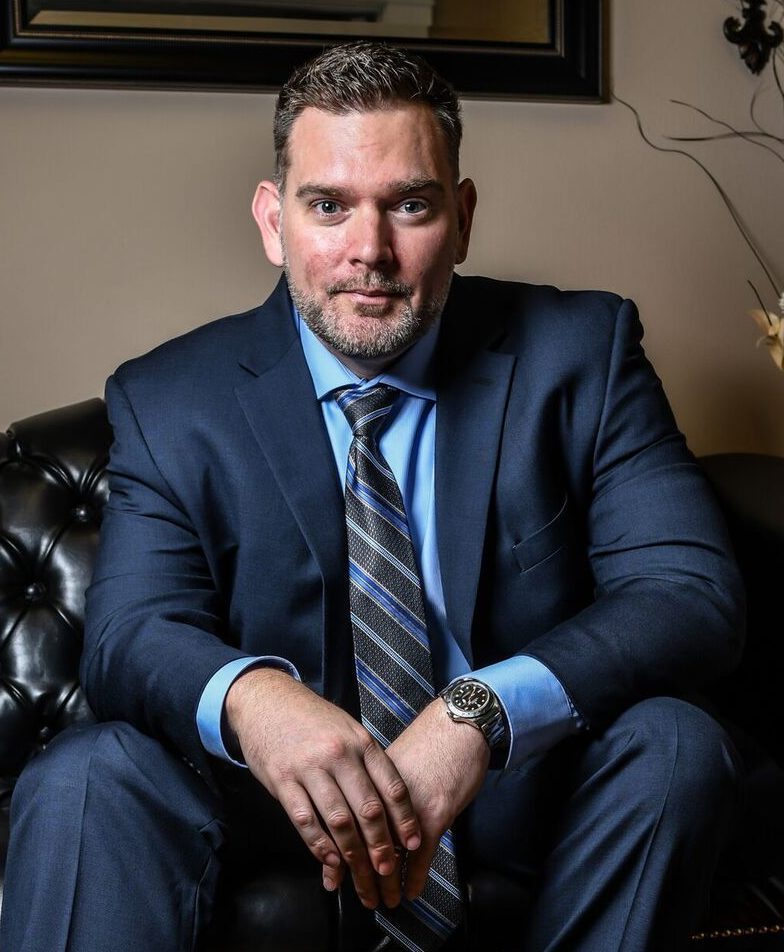When Divorce Affects Senior Care: Who Is Responsible for Mom or Dad?
Going through a divorce is really stressful, and it doesn’t just affect the individuals involved; it can affect the entire family. One of the most unexpected things that comes up during a divorce is how it impacts the care of elderly parents, especially ones that are in need of every day caregiving.
For families that already juggle the demands that come with caregiving, divorce can throw a wrench in carefully made plans. It can cause arguments and confusion about who is in charge of taking care of mom and dad.
If you’re able to recognize these early, you can protect both your parents’ well-being and your own peace of mind. In this article, we’ll explore how a divorce can affect arrangements to take care of your elderly parents, and can help families understand what steps to take while navigating this challenging time.
Shifting Caregiving Roles After Divorce
A divorce is tiring, emotionally draining for the individuals involved, and leaves them feeling exhausted, overwhelmed, and like they aren’t able to care for their aging parents at the level that they require.
When scheduling conflicts and custody arrangements pile onto an already busy schedule, frustration can spill over into elder care, creating further tension that not just affects the individual but also the elderly parent, resulting in an emotional strain between all involved.
This makes seeking support to ensure the needs of the senior are still met while the adult child deals with their divorce so important, as it ensures that the emotional well-being of all involved stays intact.
“When families go through divorce, caregiving for aging parents is often the forgotten piece of the puzzle,” says a caregiver at Visiting Angels in North Jacksonville. “We frequently see adult children stretched too thin after a divorce, juggling financial changes, custody agreements, and new living situations. This can leave Mom or Dad’s care needs overlooked.”
According to Visiting Angels, professional in-home support, including home care in Amelia Island and other areas, can provide a safety net during these transitions. “Even a few hours of respite care each week gives family caregivers room to breathe while ensuring that seniors receive consistent, compassionate attention. It’s about creating stability for the parent while the adult children navigate major life changes.”
Legal and Ethical Questions of Responsibility
While going through a divorce, determining who is legally responsible for an aging parent’s care can be a complex issue. Unless specific laws in the state they live in mandate it, adult children are not legally required to care for their aging parents. In situations where the parent is unable to make decisions for themselves, the responsibility can be influenced by legal documents such as legal guardianship, power of attorney, or financial obligations.
The obligations will vary depending on the state. Some strictly enforce these laws, while others do not require such financial obligations. The consequences of not fulfilling these responsibilities can be significant, so be sure to understand the laws of your state thoroughly to ensure nothing is missed.
Why Communication and Mediation Are Important
Families that have multiple children and family members, unevenly distributed caregiving responsibilities can lead to conflicts. Time, energy, and financial commitments required may cause arguments and disagreements, resulting in more unwanted stress and an imbalance in caregiving responsibilities.
While addressing disagreements, seeking mediation can help keep things peaceful, setting boundaries, and managing expectations about time, energy, and financial contributions. This will help maintain a balance and establish clear caregiving roles to reduce the risk of burnout or bubbling frustrations.
While uncomfortable, these conversations are so important to have, ensuring that a collaborative caregiving plan is made after a divorce to ensure that Mom or Dad continues to receive the care they need in a healthy environment.
Navigating Divorce and Elder Care Responsibilities
Divorce and elder care are two of life’s most emotionally charged challenges, and when they collide, families can find themselves facing complex questions of responsibility, resources, and compassion. The disruption caused by shifting financial circumstances or caregiving roles does not have to leave aging parents vulnerable. With open communication, thoughtful planning, and a willingness to seek outside support, families can create stability even in times of change.
If you are facing the difficult intersection of divorce and senior care, speaking with an experienced family law attorney is one of the most important steps you can take. A lawyer can help you understand your legal responsibilities, protect your financial future, and create agreements that take aging parents’ needs into account.
At the same time, in-home care providers like Visiting Angels can offer practical support to ensure day-to-day caregiving does not fall through the cracks. Reach out today to start building a plan that safeguards both your family and your future.

Sean Smallwood is an Orlando divorce attorney for the law firm Sean Smallwood, Orlando Divorce & Family Law P.A. where he represents clients in all areas of family law and divorce. 100% of the practice is devoted to family law. As an attorney in Orlando, he has helped many families with a wide variety of family law cases including Divorce, Child Custody, Child Support, and many other issues.

